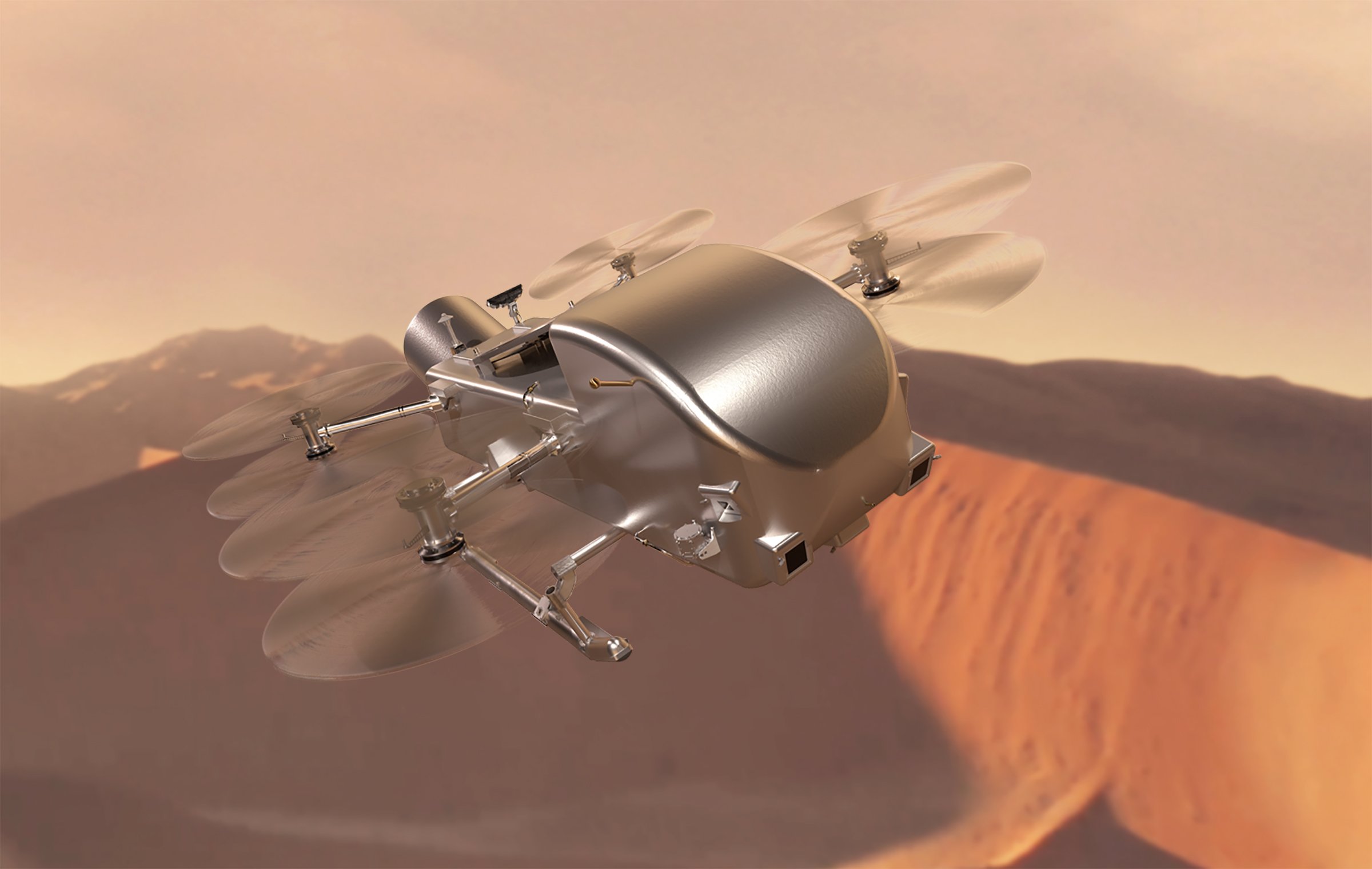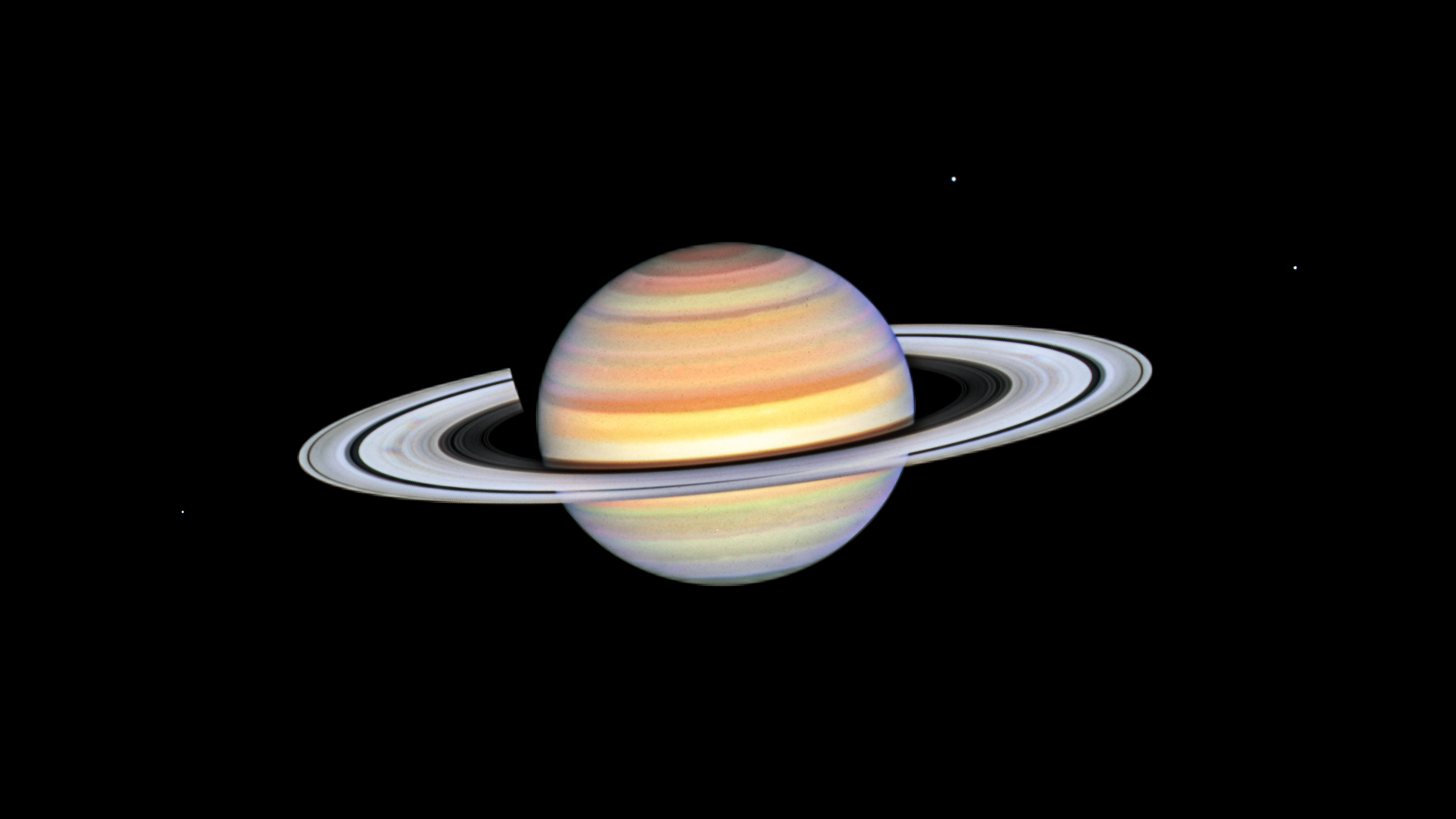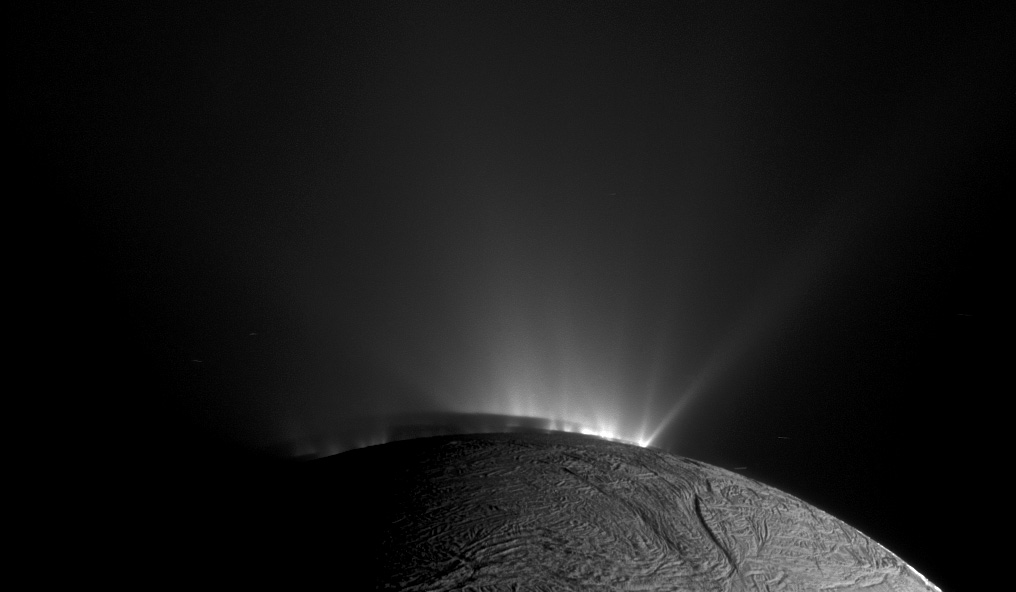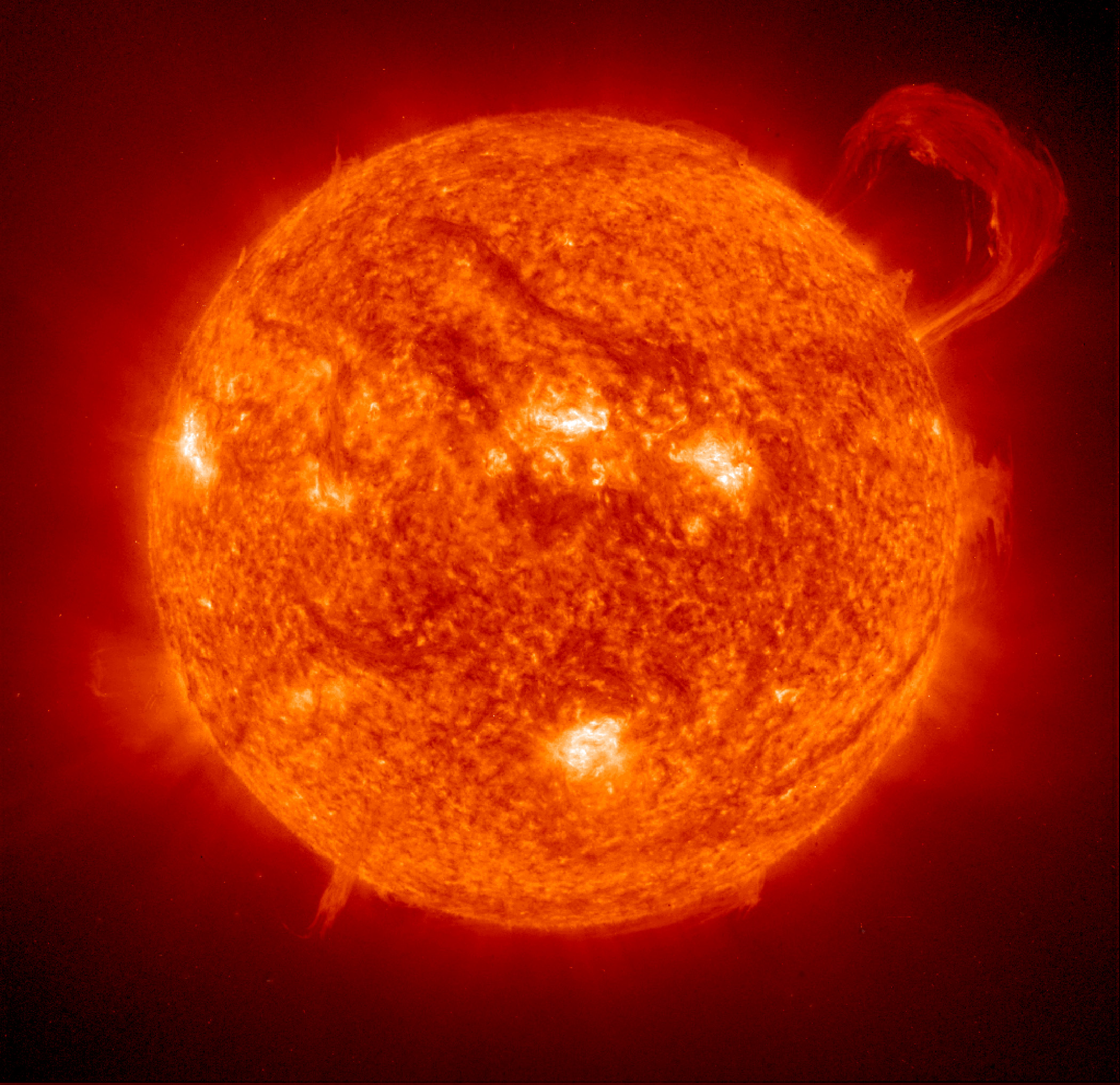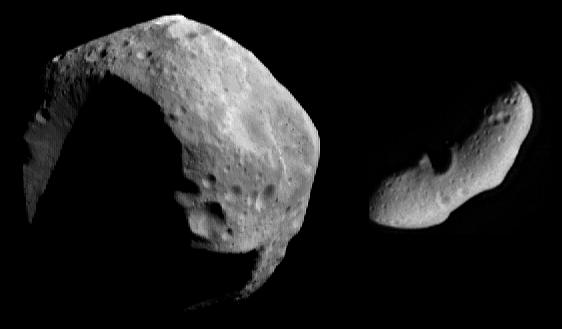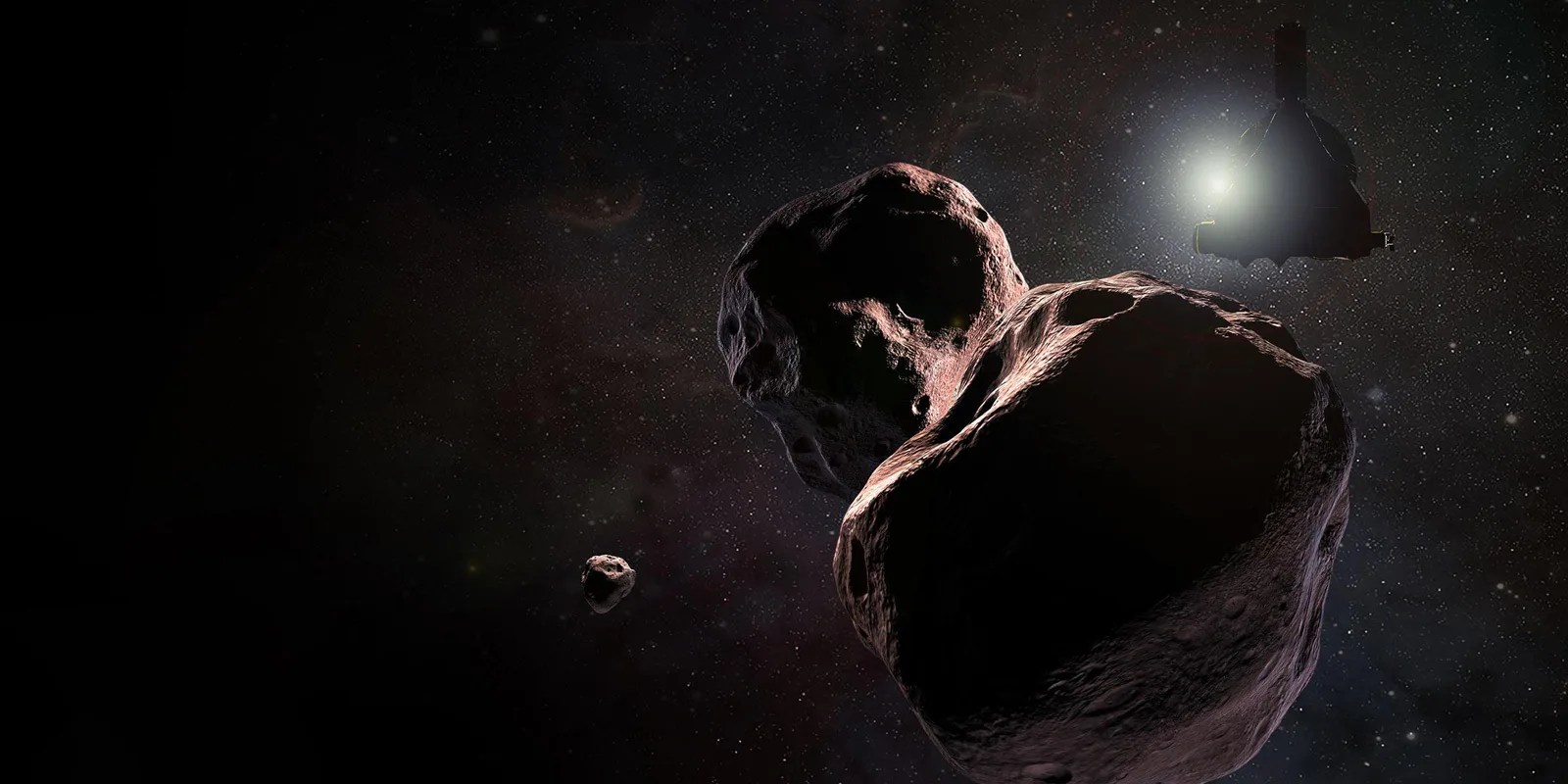3 min read
Cassini Significant Event Report
For Week Ending 01/30/98
MSO Significant Events input for week of Friday 01/23 through Thursday 01/29:
Spacecraft Status:
The Cassini spacecraft is presently traveling at a speed of
approximately 120,000 kilometers/hour (~75,000 mph) and has traveled
approximately 260 million kilometers (~163 million miles) since launch
last October 15.
The most recent Spacecraft status is from the DSN tracking pass on
Thursday, 01/29, over Goldstone. The Cassini spacecraft is in an
excellent state of health and is operating nominally, with the C6
sequence executing onboard. The speed of the spacecraft can be viewed on the "Where is Cassini Now?" web page (http://saturn.jpl.nasa.gov/operations/present-position.cfm)
Inertial attitude control is being maintained using the spacecraft's
hydrazine thrusters (RCS system). The spacecraft continues flying in a
High Gain Antenna-to-Sun attitude. It will maintain the HGA-to-Sun
attitude, except for planned trajectory correction maneuvers, for the
first 14 months of flight.
Communication with Earth during early cruise is via one of the
spacecraft's two low-gain antennas; the antenna selected depends on the
relative geometry of the Sun, Earth and the spacecraft. The downlink
telemetry rate is presently 40 bps.
Spacecraft Activity Summary:
From Friday, 01/23, through Saturday, 01/24, there were no changes in
spacecraft configuration.
On Sunday, 01/25, the Off-Sun Time Constraint was set for the C6
sequence. This limit, based on the range from the spacecraft to the
sun, is adjusted approximately every two months, for thermal reasons, as
Cassini travels along its interplanetary trajectory.
From Monday, 01/26, through Tuesday, 01/27, there were no changes in
spacecraft configuration.
On Wednesday, 01/28, the Solid State Recorder (SSR) record and playback
pointers were reset, according to plan. This housekeeping activity,
done approximately weekly, maximizes the amount of time that recorded
engineering data is available for playback to the ground should an
anomaly occur on the spacecraft.
On Thursday, 01/29, the Articulated Reaction Wheel Mechanism (ARWM) was
unlatched successfully, according to plan. The Articulated Reaction
Wheel is a spare device which can be aligned with the appropriate
spacecraft axis, should it be needed to replace a failed prime unit
later in the mission. (Thrusters, rather than reaction wheels, are used
during early cruise for controlling spacecraft attitude.)
Also on Thursday, the spacecraft's active vector was updated in the
Inertial Vector Table. This housekeeping activity, which updates the
vectors between the spacecraft and the Sun, Earth, and other bodies, is
performed every few months.
Upcoming spacecraft events:
Events for the week of 01/30 through 02/05 include: a reset of the SSR
pointers (02/03), and an SSR Flight Software Partition maintenance
activity (02/02 and 02/03).
DSN Coverage:
For the next month or so, there will be an increase in DSN coverage for
Navigation purposes, as the second and third Trajectory Correction
Maneuvers (TCMs) approach. Over the past week Cassini had 4 track
periods (01/22, 01/25,01/27, 01/28). In the coming week there will be 8
DSN passes, Friday to Saturday (01/30-01/31), 3 additional passes on
Saturday, (01/31), Monday, (02/02), Tuesday, (02/03), Wednesday,
(02/04), and Thursday (02/05).
Additional information about Cassini-Huygens is online at http://saturn.jpl.nasa.gov.
Cassini will begin orbiting Saturn on July 1, 2004, and release its piggybacked Huygens probe about six months later for descent through the thick atmosphere of the moon Titan. Cassini-Huygens is a cooperative mission of NASA, the European Space Agency and the Italian Space Agency. JPL, a division of the California Institute of Technology in Pasadena, manages the mission for NASA's Office of Space Science, Washington, D.C.
Media Relations Office
Jet Propulsion Laboratory
California Institute of
Technology
National Aeronautics and Space
Administration
Pasadena, Calif. 91109.
Telephone (818) 354-5011

